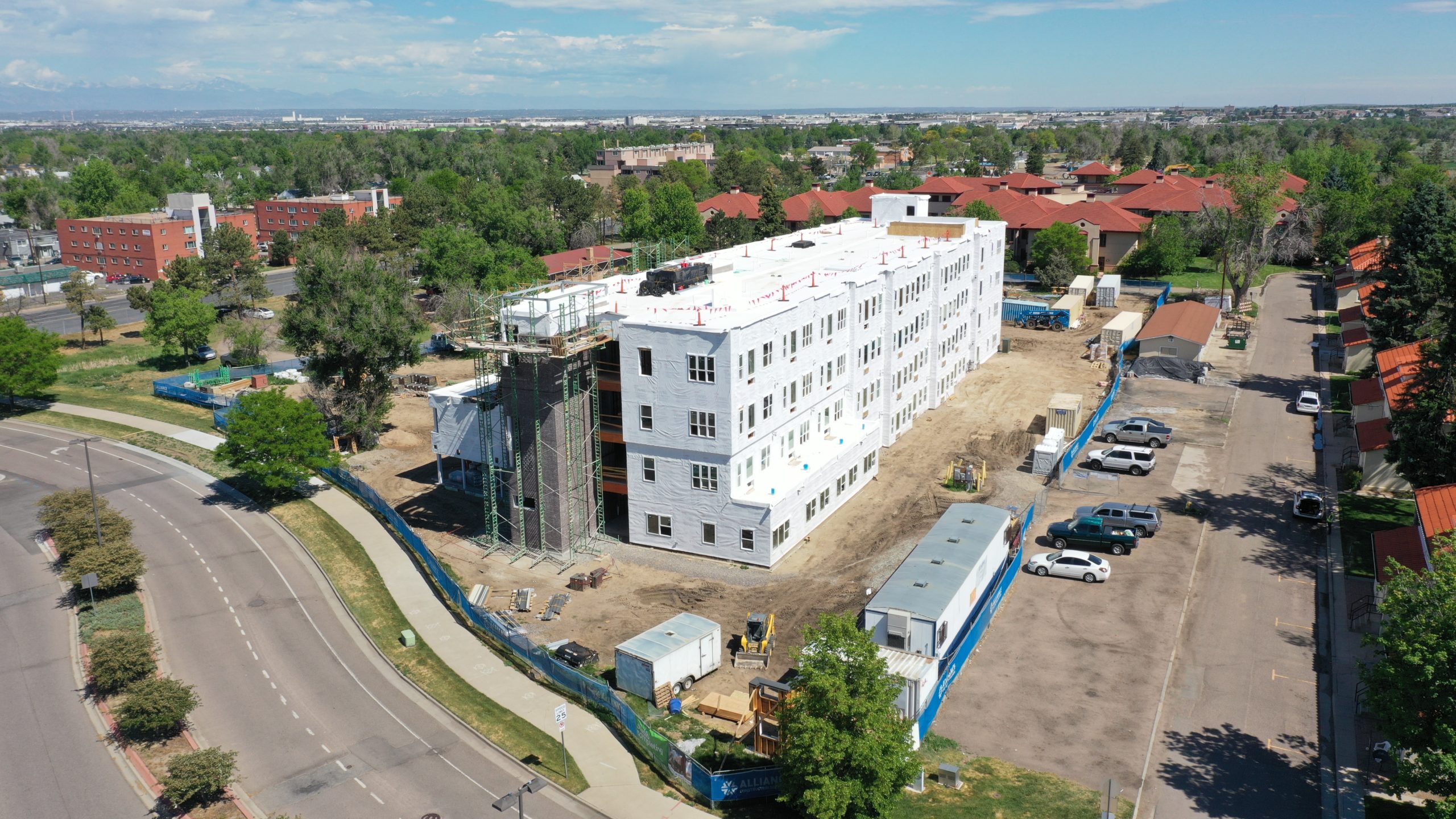By Katie Rapone, editor.
At this time, commercial construction in our state appears to be ticking along nicely due to the industry being deemed “essential.” Local construction companies have tackled the pandemic with grace and resilience and fortunately most businesses remain relatively unaffected. However, much uncertainty remains surrounding what’s next for the marketplace. Will future projects continue as planned, or will the pandemic have a long lasting effect on future development?
Ensuring that employee safety comes first so that construction can proceed safely, remains the highest priority. According to the CDC, in order for job sites to stay open, companies must reduce the size of their work crews to the minimum number of people possible to perform the task safely. They must also minimize interaction between work teams, maintain a 6-foot distance between employees wherever possible, and focus on activities that are truly critical.
For Scott Farrell, president & partner at I2 Construction—a Denver general contractor specializing in interior construction—the most surprising thing about the pandemic has been the unified sense of direction shown by the entire project team. “Everyone has stepped up and helped out. I think we’ve always had that mentality of supporting each other, I think this just brings it to a different level.”
However, while Brian Weinmaster, president & CEO of Alliance Construction Solutions, feels fortunate that construction can continue, he believes that indirectly, implementing all of the required safety measures has added a layer of burden on the leadership teams of the job sites. “With 60-100 workers on a job, policing to make sure that they wear masks, giving them the communication and the training on why they have to wear masks and what social distancing means, and then just the check-in period and the sign-in period in the morning—it adds a lot of time and effort to our management staff to make sure that all that’s happening and taking place and is policed correctly.”
Future Development
What kind of impact the pandemic will have on projects yet to break ground remains to be seen. Most of Alliance’s clients remain optimistic and no upcoming projects are currently delayed, but a lot will depend on the level of developer interest as well as how quickly the economy recovers. In April 2020, the Colorado unemployment rate was at 11.3 percent, which could spell trouble for the industry. “If unemployment doesn’t correct itself and start coming down—and consumer confidence is a by-product of people working or not working—the economy is not going to be well,” said Weinmaster. “I think there’s a couple knowns and then there’s a lot of unknowns—sooner or later we’re gonna get out of it, but the unknown is, when? As a business owner, my speculation is there’s going to be a slow-down in the industry.”
According to FarrelI, I2 Construction has seen a significant reduction in its project size. “Over the last couple years our average project’s been almost $2 million. We’re looking at a lot of stuff in that $200 to $5 or 600 world. There is some work bigger than that rolling, but I think most people are just taking a healthy pause to figure out what’s going on.”
Having said that, Farrell believes there are a lot of good general contractors and subcontractors that are very aggressive for work right now, especially from potential clients with the money and ability to sign a lease and push forward. “I think for the first time in a long time, there are some cost efficiencies to be realized. I also think we have to be cautious about the long-lead product, and not knowing what the potential second wave of this would bring.”
Materials are also in short supply. While the cost of construction materials is dropping, time to get the products on site is increasing because of supply chain delays. “Materials are supposed to ship but then it just goes quiet because the factory got closed. So there’s a lot more on us chasing down that product and truly finding out what’s going on,” said Farrell.
If there is going to be a slow down, many general contractors will look to take advantage of a possible reduction in construction costs. In April, 2020 Denver quarterly construction costs increased 4.07 percent, just below the national average. “Some are saying, hey if we can capitalize on construction costs coming down, what’s the right time to energize that project and move forward with it?” said Weinmaster.
Overall, there is a lot of apprehension surrounding construction and many questions that don’t have answers. “When you’re sitting in our seat as a general contractor, you’re going, well, do we have a project or not? How do we allocate staff? Do we have to cut staff? So, there’s a lot of questions when it trickles down to our side of the fence, it’s really kind of a wait-and-see type of situation,” Weinmaster added.
Although, a recent Procore Owner Sentiment Survey of senior executives in the construction owner and developer space, showed that while most expect to see project delays, supply chain disruption, and funding source tightening, 81 percent optimistically expect an economic rebound before the end of the year. Only time will tell.









